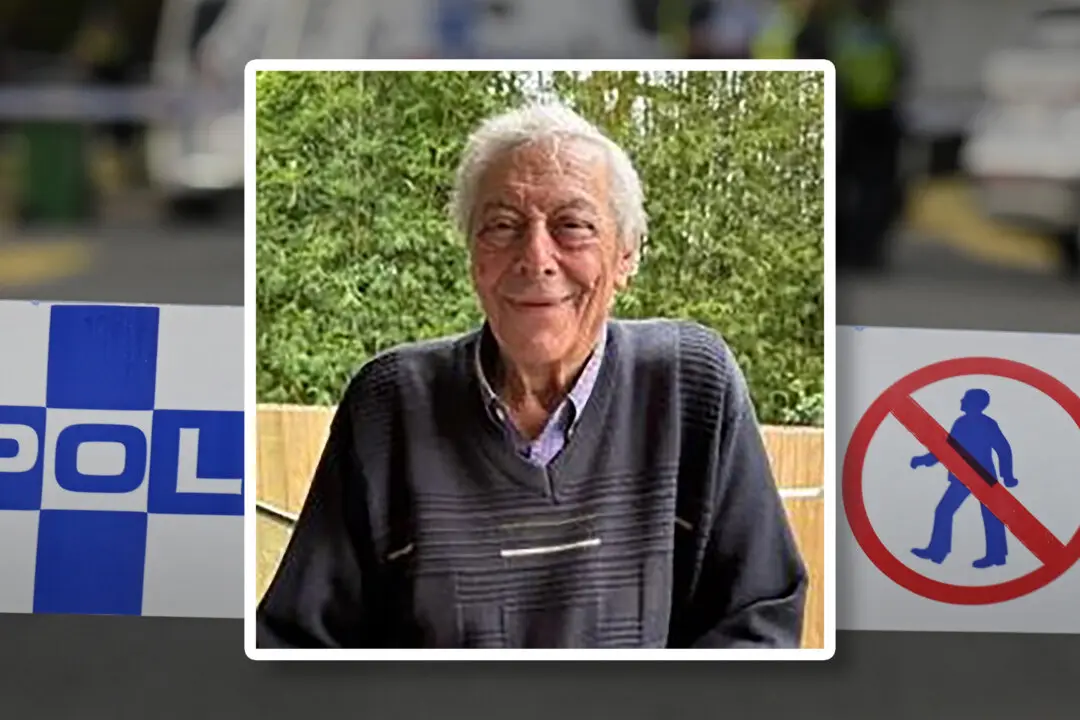Walking down a flooded road in Forbes, in central west New South Wales (NSW), Prime Minister Anthony Albanese smiled as Nationals MP Michael McCormack put an arm around his shoulder.
During visits to disaster zones in NSW, Victoria and Tasmania this week, the prime minister greeted local emergency service crews, gumboot-clad locals, and a sheepdog named Linnie.





